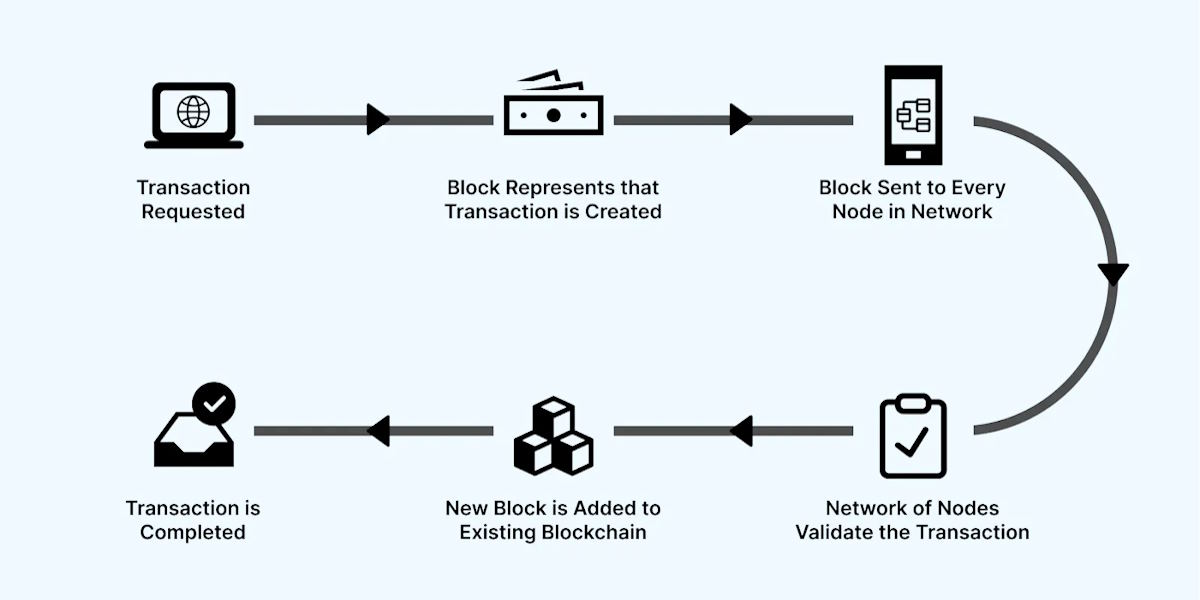How Blockchain Nodes Help Validate Transactions

Blockchain technology relies on a decentralized network of nodes to ensure the accuracy and security of transactions. Each node plays a crucial role in validating and propagating transactions across the network. This article delves into how blockchain nodes contribute to transaction validation, highlighting their essential functions and the validation process.
Transaction Verification by Blockchain Nodes
- Role of Nodes in Validation
- Transaction Submission: When a transaction is initiated, it is broadcast to the network of blockchain nodes.
- Validation Tasks: Each node independently verifies the transaction’s authenticity, checking factors such as digital signatures and transaction history.
- Consensus Mechanisms
- Proof of Work (PoW): In PoW blockchains, nodes (miners) solve complex mathematical problems to validate transactions and add them to the blockchain.
- Proof of Stake (PoS): In PoS blockchains, nodes (validators) are selected to validate transactions based on the number of tokens they hold and are willing to lock up as collateral.
Blockchain Nodes Validation Process
- Transaction Propagation
- Broadcasting: Once a transaction is validated by a node, it is broadcast to other nodes in the network.
- Gossip Protocol: Nodes use the gossip protocol to efficiently propagate transaction data, ensuring that all nodes receive the transaction information promptly.
- Block Creation
- Transaction Aggregation: Validated transactions are aggregated into blocks by mining or validating nodes.
- Block Verification: Each block is then verified by nodes to ensure it complies with blockchain rules before being added to the blockchain.
Node Communication and Transaction Propagation
- Network Communication
- Peer-to-Peer Network: Nodes communicate in a peer-to-peer network, exchanging transactions and blocking information directly with one another.
- Synchronization: Nodes continuously synchronize their data with the network, ensuring that all participants have a consistent view of the blockchain.
- Redundancy and Security
- Redundant Copies: The decentralized nature of blockchain means that multiple nodes hold copies of the blockchain, providing redundancy and enhancing security.
- Attack Resistance: The distributed network of nodes makes the blockchain resistant to attacks and fraud, as altering transaction history would require compromising a majority of nodes.
Blockchain nodes are integral to the transaction validation process, ensuring the integrity and security of the blockchain network. By verifying transactions, participating in consensus mechanisms, and propagating data, nodes maintain the decentralized and secure nature of blockchain technology. Their collaborative efforts ensure that transactions are processed accurately and efficiently, supporting the overall functionality of the blockchain.


